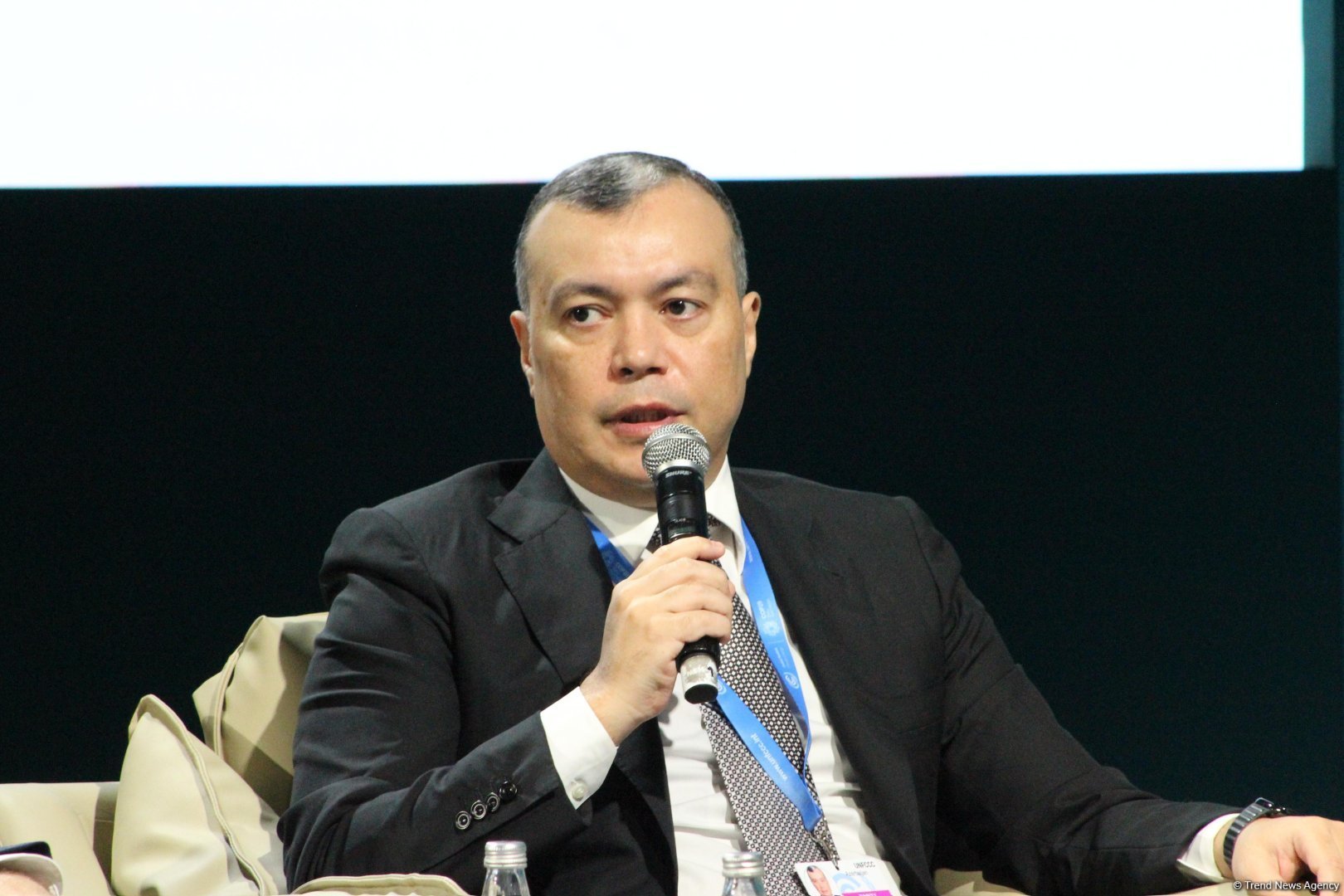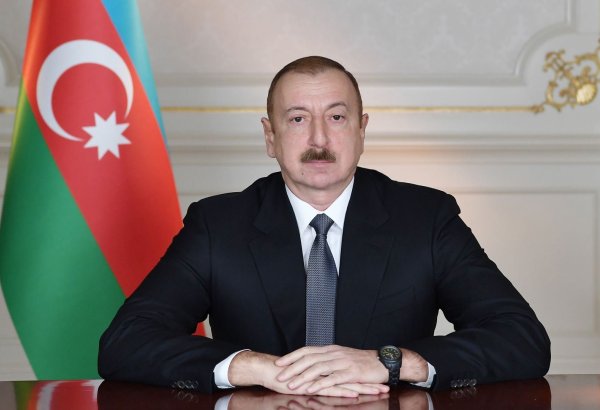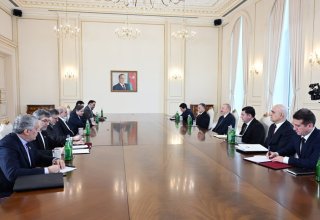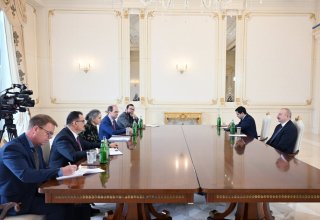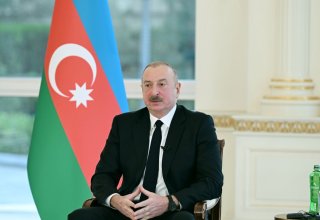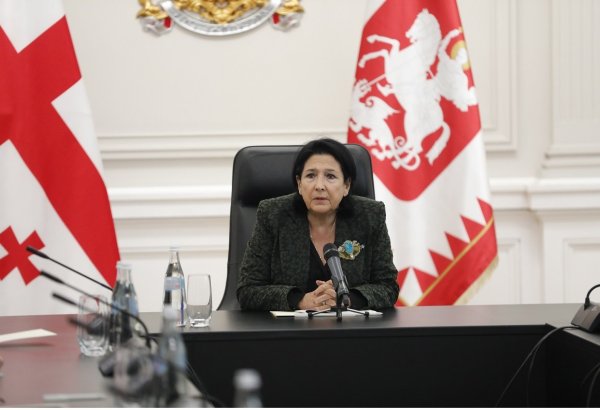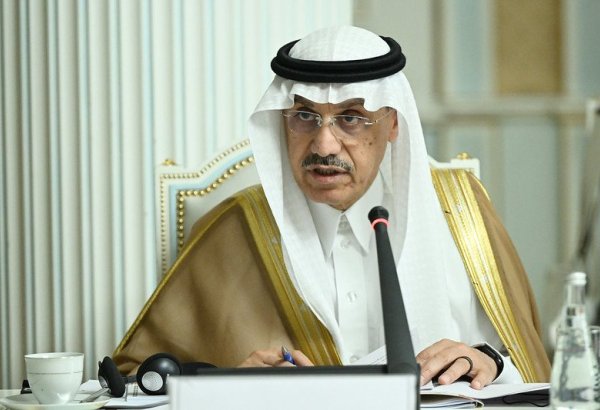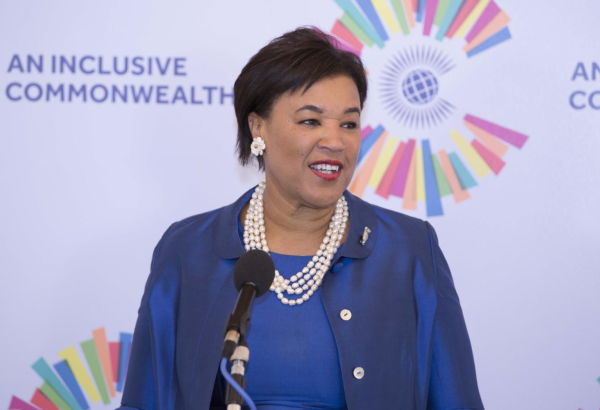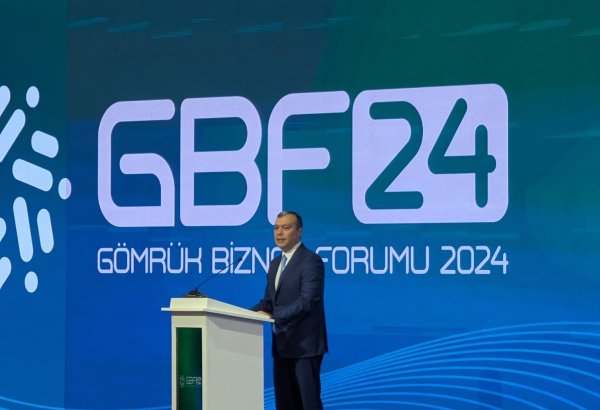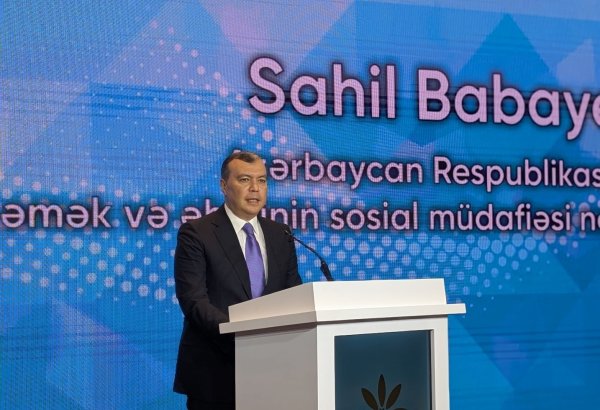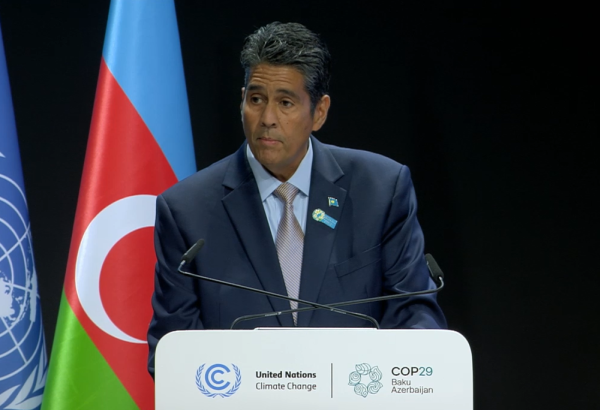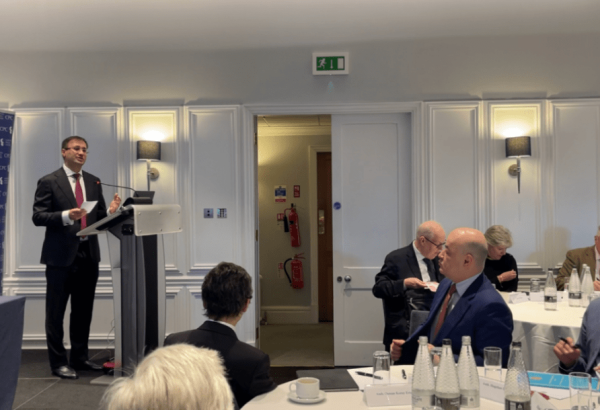BAKU, Azerbaijan, November 18. Climate change also has a very strong impact on the labor market, Minister of Labor and Social Protection of the Population of Azerbaijan Sahil Babayev said at the COP29 High-level Meeting on Investing in Human Development for a Climate Resilient Future today, TurkicWorld reports.
According to him, climate change is a multidimensional problem.
He pointed out that year after year, there is a shift from traditional jobs to more high-tech ones and the creation of corresponding labor resources to ensure these jobs within the labor force of countries.
"Naturally, any government, any state, benefits primarily from the employment of its population. We must ensure the maximum possible employment in the country so that people can live their lives, lead a decent life, and have dignified work. Therefore, we must encourage the availability of the appropriate workforce, human resources. We strive to equip them with new skills in our vocational training centers to provide new standards and curricula for new jobs and new skills.
New skills have always been necessary to adapt to the new world. In this regard, I believe that the main goal of lifelong learning will become increasingly important for our future," the official added.
To note, the 29th session of the Conference of the Parties to the UN Framework Convention on Climate Change (COP29), which will run until November 22, opened at the Baku Olympic Stadium on November 11. It is the largest event organized by Azerbaijan to date, and the first time in the region that it is being held in Azerbaijan.
Within COP29, the highest level event - the summit of world leaders on climate action - was held on November 12–13.
The main expectation from COP29 is to agree on a fair and ambitious New Collective Quantitative Goal (NCQG) on climate finance. The COP29 chairmanship has launched 14 initiatives that include linkages between climate action and the Sustainable Development Goals, including green energy corridors, green energy storage, harmony for climate resilience, clean hydrogen, methane reduction in organic waste, action on green digital technologies, and other topics.
In addition to being a top priority that creates the conditions for action, creating climate finance will also help fulfill the 1.5°C pledge by bringing everyone together.
The UN Framework Convention on Climate Change is an agreement signed at the Rio Earth Summit in June 1992 to prevent dangerous human interference in the climate system. The acronym COP (Conference of Parties) stands for "Conference of Parties" and is the highest legislative body overseeing the implementation of the Framework Convention on Climate Change.
A total of 198 countries are parties to the Convention. Unless otherwise decided by the parties, COP is held annually. The first COP event was held in March 1995 in Berlin, and its secretariat is located in Bonn.








